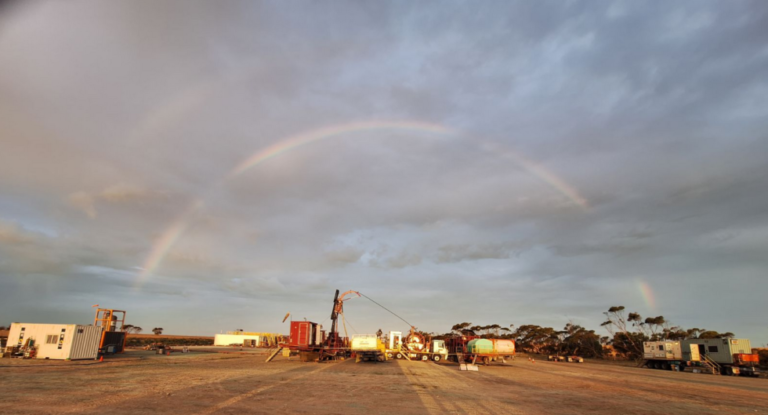Natural hydrogen researcher Gold Hydrogen says it has discovered 95.8% pure hydrogen at its Ramsay Project on South Australia’s Yorke Peninsula, as it seeks to meet growing demand for the gas as a clean energy source.
Gold Hydrogen said the first phase of well testing at the Ramsay Project’s flagship site produced “exceptional results” with high-purity natural hydrogen confirmed in seven different zones, with helium also identified.
Queensland-headquartered Gold Hydrogen said hydrogen with a purity of up to 95.8% was found at a depth of 531 meters on an air-corrected basis. The well test at the Ramsay Project site also recorded helium at a purity of 17.5%.
The company said so too natural hydrogen and helium had flowed to the surface before water ingress prevented further testing.
“The results are remarkable,” the company said in a statement. “The purity levels for helium and natural hydrogen are believed to be among the highest in the world. The figures mean we will be back on site on the Yorke Peninsula in a few weeks to continue work on proof-of-concept commercial production of natural hydrogen and helium.”
Phase two of the program involves extensive well testing to determine flow rates, using a downhole pump to remove water while monitoring gas rates and composition at the surface.
The company said success in this phase will help determine potential flow rates, inform future well designs and contribute to a pilot plant design.
Gold Hydrogen Managing Director Neil McDonald said the next phase of well test exploration is expected to begin in early third quarter 2024.
“We are well on our way to producing both natural hydrogen and helium at a commercial level,” he said. “We have very large future resources for both gases, and that is only more than part of the Ramsay Project permit.”
Gold Hydrogen’s Ramsay site on one issued oil exploration permit (PEL 687) covering almost 8,000 km2 of land.
The company also has several other tenements in a combined license area of approximately 75,000 km2 in South Australia.
This content is copyrighted and may not be reused. If you would like to collaborate with us and reuse some of our content, please contact: editors@pv-magazine.com.


